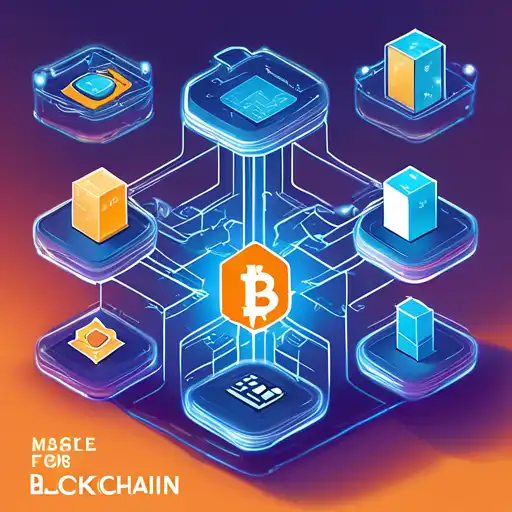What is Blockchain?
Blockchain technology is a decentralized digital ledger that records transactions across many computers in such a way that the registered transactions cannot be altered retroactively. This technology is the backbone of cryptocurrencies like Bitcoin, but its potential applications extend far beyond digital currencies.
How Does Blockchain Work?
At its core, blockchain is a chain of blocks, where each block contains a number of transactions. Every time a new transaction occurs on the blockchain, a record of that transaction is added to every participant's ledger. This decentralized database managed by multiple participants is known as Distributed Ledger Technology (DLT).
Key Features of Blockchain
- Decentralization: Unlike traditional ledgers or databases controlled by a central authority, blockchain is decentralized and distributed across a network of computers.
- Transparency: All transactions are visible to anyone within the network, ensuring transparency.
- Immutability: Once a transaction is recorded on the blockchain, it cannot be altered or deleted, ensuring the integrity of the data.
- Security: Blockchain uses cryptographic techniques to secure data, making it highly resistant to fraud and hacking.
Benefits of Blockchain Technology
Blockchain offers numerous benefits across various sectors, including finance, healthcare, and supply chain management. Some of the key benefits include:
- Reduced transaction costs by eliminating intermediaries.
- Increased transparency and traceability of transactions.
- Enhanced security and reduced risk of fraud.
- Improved efficiency and speed of transactions.
Blockchain in Cryptocurrency
The most well-known application of blockchain is in the creation and operation of cryptocurrencies. Bitcoin, the first cryptocurrency, was created as a decentralized digital currency that operates without a central authority. Since then, thousands of cryptocurrencies have been developed, each with its own unique features and uses.
Future Applications of Blockchain
Beyond cryptocurrency, blockchain technology has the potential to revolutionize many industries by enabling secure, transparent, and efficient transactions. Potential applications include:
- Smart contracts that automatically execute when conditions are met.
- Supply chain management to track the production, shipment, and delivery of products.
- Healthcare records management to securely store and share patient data.
- Voting systems to ensure the integrity and transparency of elections.
Getting Started with Blockchain
For beginners interested in exploring blockchain technology, here are some steps to get started:
- Educate yourself on the basics of blockchain and how it works.
- Explore different cryptocurrencies and understand how they use blockchain technology.
- Consider investing in cryptocurrencies or blockchain-based projects.
- Join blockchain communities and forums to learn from experts and enthusiasts.
Blockchain technology is still in its early stages, but its potential to transform industries is undeniable. By understanding the basics of blockchain, beginners can position themselves at the forefront of this technological revolution.
